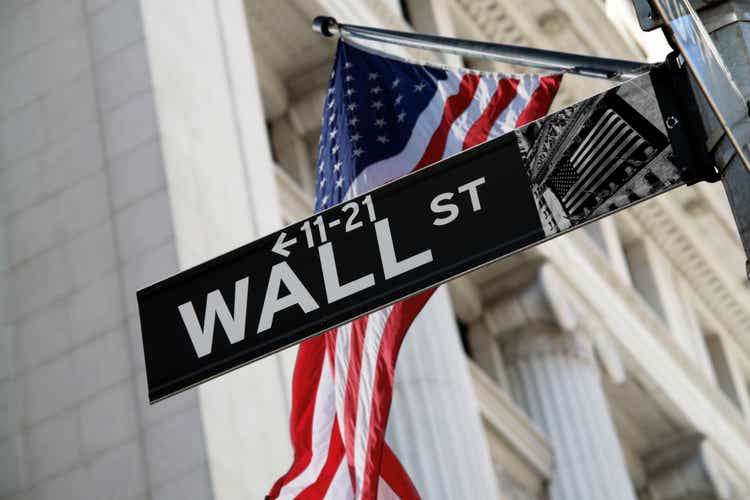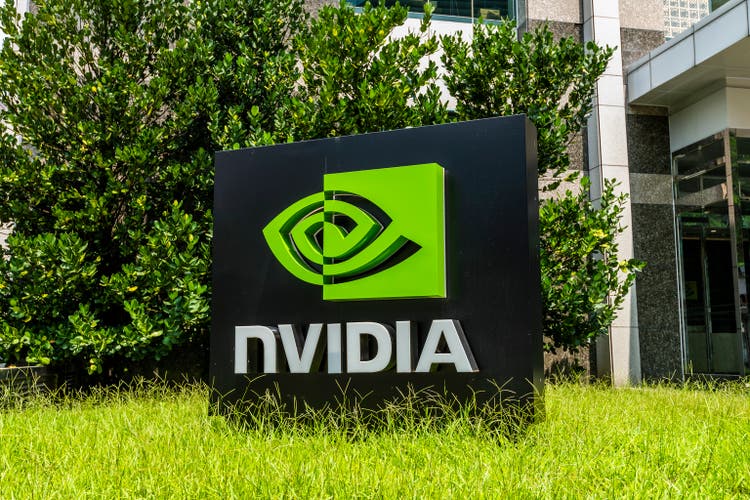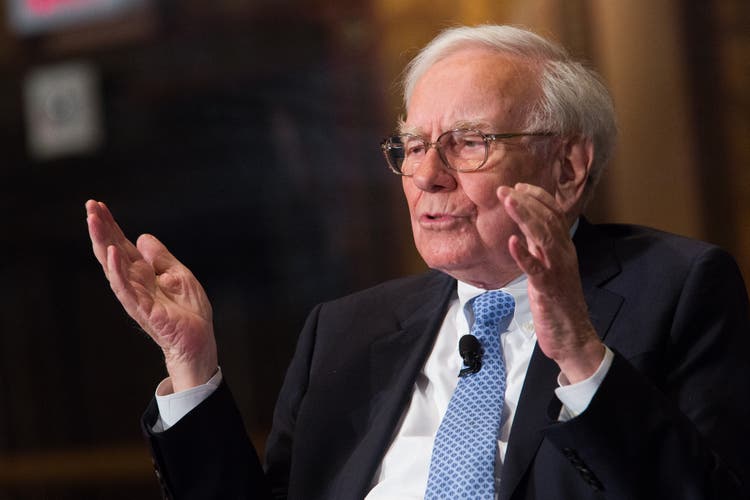- In today’s CEO Daily: Sharon Goldman on Nvidia’s earnings call tonight.
- The big story: 50% tariffs on India begin today.
- The markets: Up and flat.
- Plus: All the news and watercooler chat from Fortune.
Good morning. After the bell today, Nvidia will report earnings. And in the tech world and beyond, one thing is clear: Nvidia’s earnings aren’t just about Nvidia anymore. The $4 trillion chipmaker’s quarterly financials have become a litmus test for the AI boom—and, by extension, for the whole stock market. Constituting 8% of the market cap-weighted S&P 500 Index, and with an unrivaled grip on the chips that power generative AI, Wall Street now treats Nvidia’s results more like a macroeconomic indicator than as a report card on a single company. The earnings announcement has even become a cultural phenomenon complete with watch parties.
In the three months since the company last gave investors a quarterly update, back in May, Nvidia’s stock has surged 35%. Wall Street analysts are looking for Nvidia’s Q2 revenue to surge 53% year-over-year to $46 billion, at the high end of Nvidia’s guidance, with earnings per share of $1.01. Data center sales, the crux of Nvidia’s business, are expected to come in close to $40 billion.
And uncertainty about Nvidia’s China business continues to loom large. After previously banning Nvidia from selling to China, earlier this month Nvidia and AMD struck a deal with the Trump administration to grant export licenses in exchange for a 15% revenue-sharing arrangement on China chip sales. “I suspect they will not count, nor forecast China revenue, there’s too much uncertainty involved,” predicts Karl Freund, founder and principal analyst at Cabrian-AI Research.
Beyond geopolitics, Nvidia faces another challenge: The tension surrounding what is already the most closely watched earnings event of the season has been ratcheted up by recent jitters over what some worry is a dangerous financial bubble in AI-related stocks. This would strike at the heart of Nvidia’s business and its stratospheric valuation—the company trades at more than 40 times its projected earnings—which rely on ever-growing demand for its powerful GPUs. Nvidia’s growth is heavily concentrated in a handful of cloud giants, including Meta, Amazon, Google and Microsoft, as well as highly funded AI startups like OpenAI. If those companies slow their spending, Nvidia could suddenly lose its biggest buyers. And with Nvidia’s shares having gained so much in recent months, a miss on Wednesday, or cautious guidance tied to China restrictions, could send Nvidia stock—or for that matter the broader market—plummeting.
Let the watch parties begin.—Sharon Goldman
Contact CEO Daily via Diane Brady at diane.brady@fortune.com
This story was originally featured on Fortune.com

 7 hours ago
1
7 hours ago
1















 English (US) ·
English (US) ·